
Merriam-Webster Definition of homestay: A stay at a residence by a traveler and especially by a visiting foreign student who is hosted by a local family.
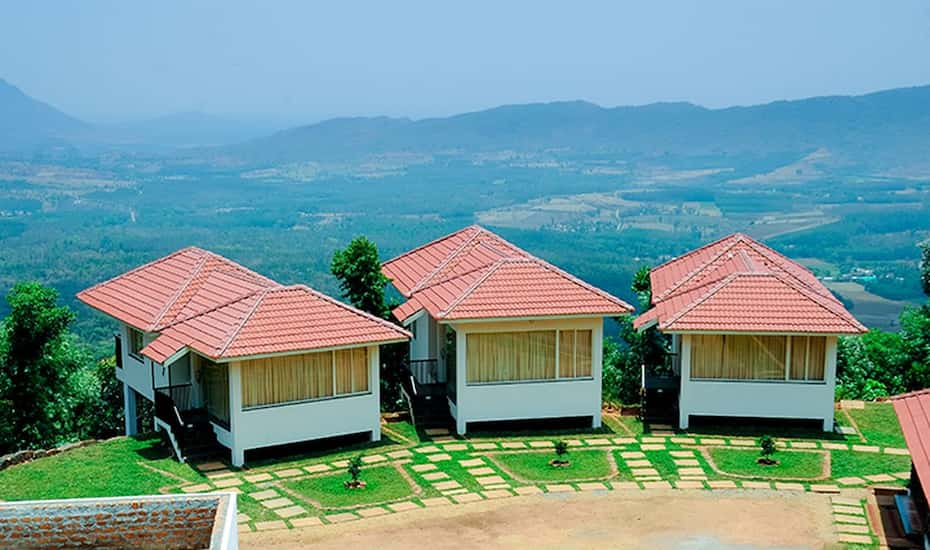
A homestay is a popular form of hospitality and lodging whereby visitors share a residence with a local of the city to which they are traveling. The length of stay can vary from one night to over a year and can be provided gratis (gift economy), in exchange for monetary compensation, in exchange for a stay at the guest’s property either simultaneously or at another time (home exchange), or in exchange for housekeeping or work on the host’s property (barter economy). Homestays are examples of collaborative consumption and the sharing economy. Homestay is a form of tourism and/or study abroad program that allows the visitor to rent a room from a local family to better learn the local lifestyle as well as improve their language ability. While homestays can occur in any destination worldwide, some countries do more to encourage homestay than others as a means of developing their tourism industry. Hosting a homestay participant also allows the local family to earn some additional, needed income. Having low profitability, as it is, homestay can not be regarded as a strictly commercial activity, but more of cross-cultural exchange. Students generally arrange a homestay with their school or educational institution, but can also informally arrange to stay with a family through social connections.
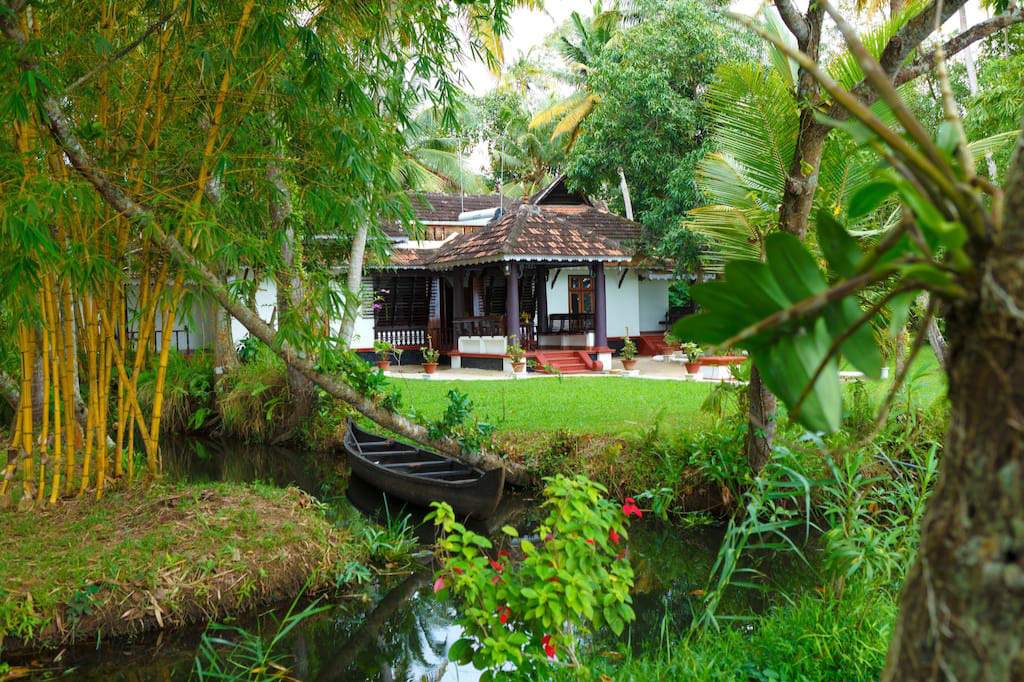
There’s a saying in India, “Athithi Devo Bhava”, which means “The Guest is God”. Indians consider it a huge honor to have guests in their homes and go out of their way to please them. There’s nothing like Indian hospitality. Sadly, most visitors who come to India and stay in hotels never get to experience true Indian hospitality. The good thing is that all this is changing as a result of the growing popularity of homestays in India. A homestay is similar in concept to that of a bed and breakfast. Guests are either accommodated in the family home, or in separate quarters nearby. Nowadays, most homestays provide their guests with just as much comfort as a reputable hotel.
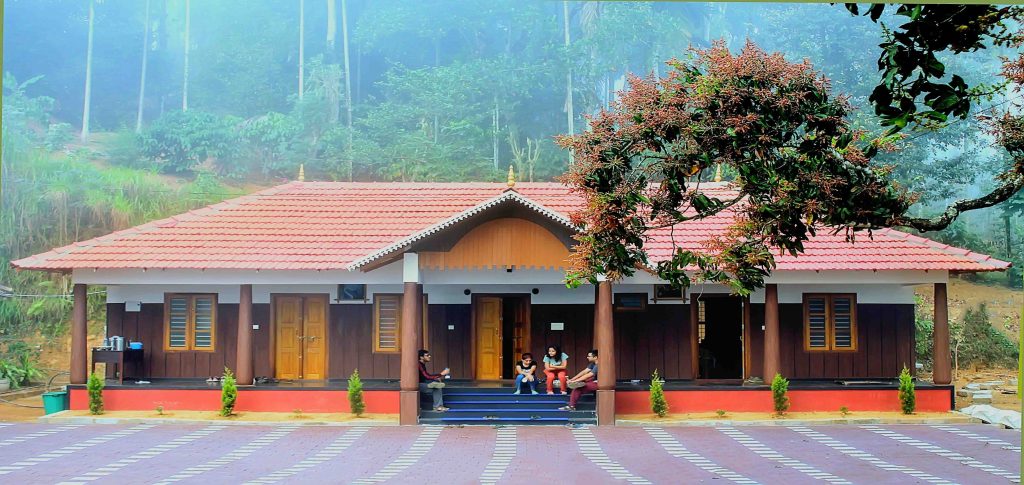
A homestay provides an opportunity to stay with a local family for a fee. It’s an affordable accommodation alternative, ideal for independent leisure travelers of all ages, interns, gap year students, students living abroad, and anyone seeking a real and genuine travel experience. It allows them to experience the local community and culture of the place they’re visiting. Hosts all have their own unique interests and hobbies and guests often find a host with similar interests which further complements the homestay experience. Hosts can help their guests find their feet in a new place, whether it helps with local orientation or places to eat. It’s also a convenient, value-for-money way to book accommodation when attending an event or conference. Farm stays are a type of homestay, in which the visitor stays on a working farm.

The terms of the homestay are generally worked out by the host and guest in advance and can include items such as the type of lodging, length of stay, housekeeping or work required to be performed, curfews, use of utilities and household facilities, food to be provided, and rules related to smoking, drinking, and drugs. Homestays offer several advantages such as exposure to everyday life in another location, opportunities for cultural diplomacy, friendship, intercultural competence, and foreign language practice, local advice, and a lower carbon footprint compared to other types of lodging; however, they may have restrictions such as curfews and work requirements and may not have the same level of comfort, amenities, and privacy as other types of lodging. Independent travelers typically arrange homestays via social networking services. Homestays can also be arranged by academic institutions (for their students that study abroad or participate in student exchange programs).
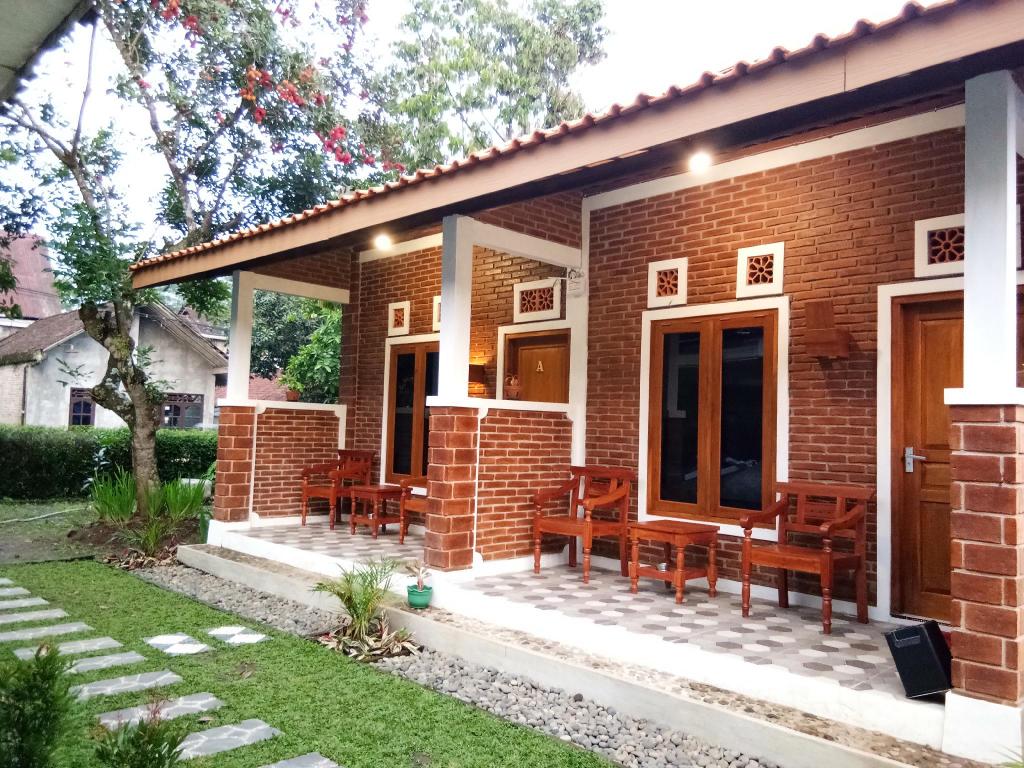
A family that hosts a non-family member is a host family. Hosts can also be involved in au pair programs in which a long-term guest stays with a family who provides accommodation in return for child care assistance and light household duties. Au pairs are treated as part of the family and participate in their day-to-day family routines. Services, where hosts do not receive payments are a special case there are called hospitality exchange services. Hospitality exchange services are basically social network services for the arrangement of accommodation during travel. The relationships on hospitality exchange services are shaped by altruism. Therefore, these organisations are usually non-profit, registered under .org-domains, built up by volunteers, and use open-source software.
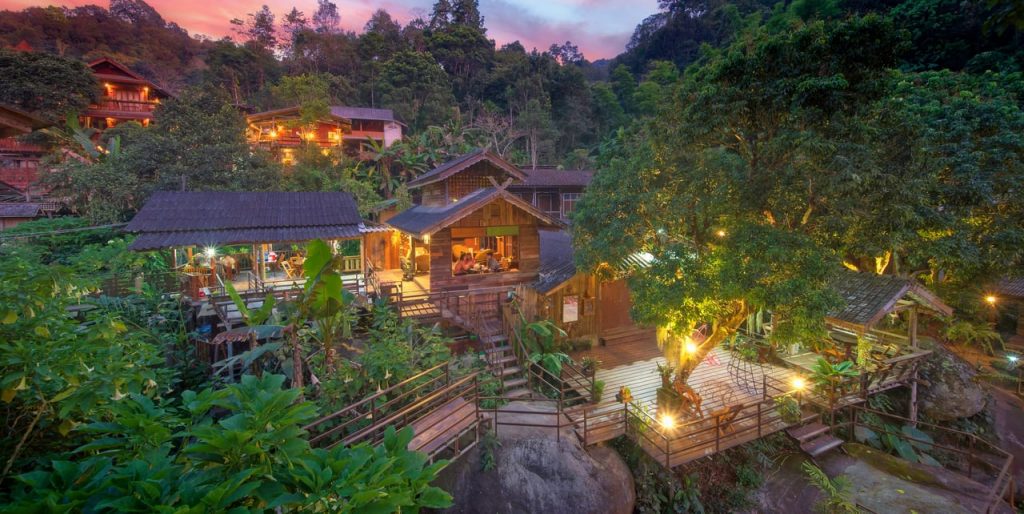
Benefits of Homestays in India. There are a number of reasons why staying at a homestay can be preferable to staying in a hotel. A homestay is similar in concept to that of a bed and breakfast. Guests are either accommodated in the family home, or in separate quarters nearby. Nowadays, most homestays provide their guests with just as much comfort as a reputable hotel. The benefits include
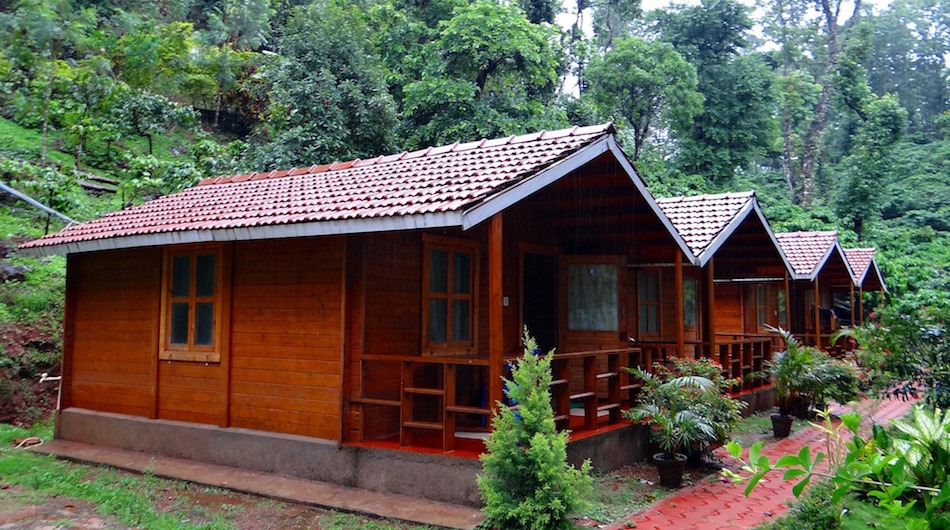
Distinctive and Characterful Accommodations: Tired of sterile hotels? Homestays offer an unparalleled opportunity to experience the incredible diversity and delights of India. The options are almost endless and include plantation bungalows, historic Havelis (mansions), forts, and remote rural cottages. One on hand, it’s possible to stay with a royal family. On the other, a tribal family. There’s no better way to interact with Indians from all walks of life!
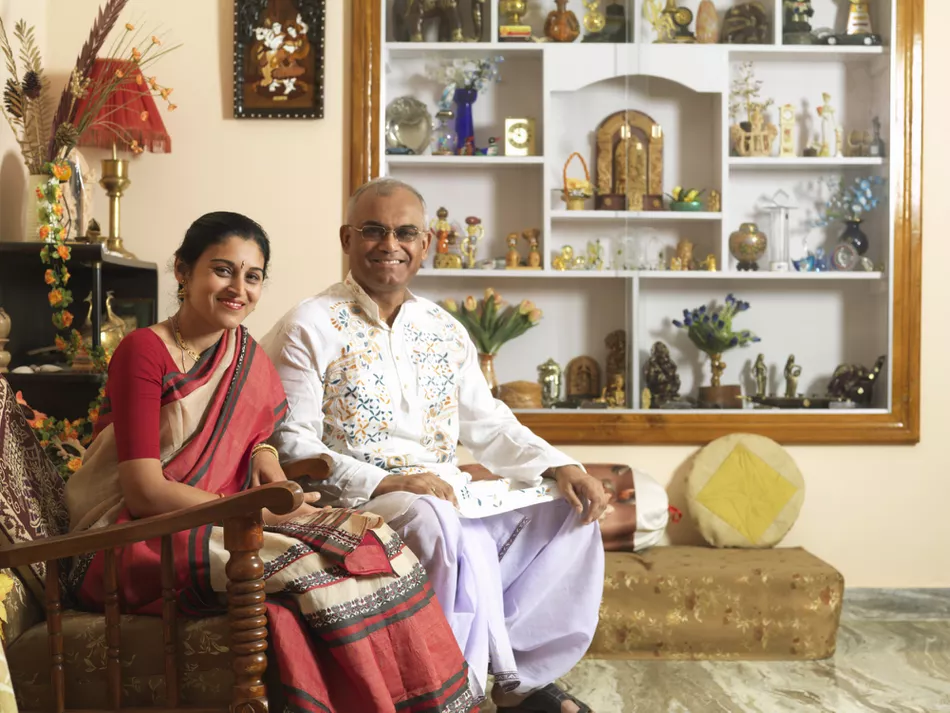
Personalized Service: In contrast to a hotel, a homestay usually only has a few rooms. The family who resides there runs it and acts as the host. This guarantees that guests receive plenty of individual attention. You can spend as little or as much time with the host family as you like. Some guests choose only to dine with them, while others spend hours chatting to them. Regardless, staying with an Indian family is the easiest way of finding out about Indian culture. Many guests and hosts find that they bond with each other so much, they keep in touch long after the vacation is over.
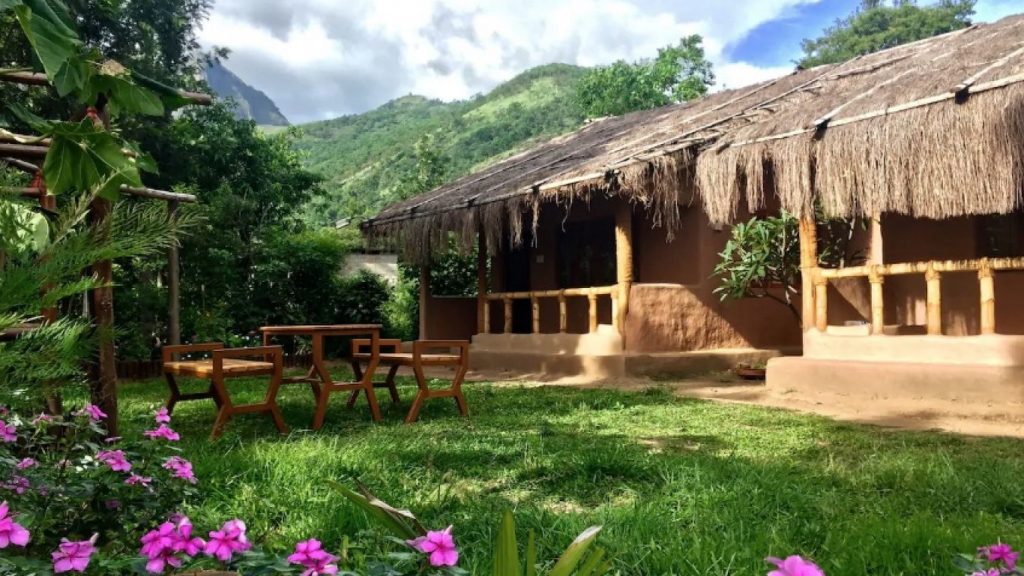
Safety: If you’re a solo female traveler who is visiting India for the first time or is simply concerned about staying safe, you’ll have a family who looks after you at a homestay. They’ll provide you with advice, and may even pick you up from the airport or provide a car and driver.

Local Knowledge: The wealth of information that the hosts have about their local area makes deciding what to see and do a breeze. Such local knowledge is extremely helpful in getting the most from your visit. Many hosts are delighted to show their guests around their local area, providing them with invaluable insights that simply aren’t available from a guidebook. Hosts usually have reputable contacts and can assist in making travel bookings too.
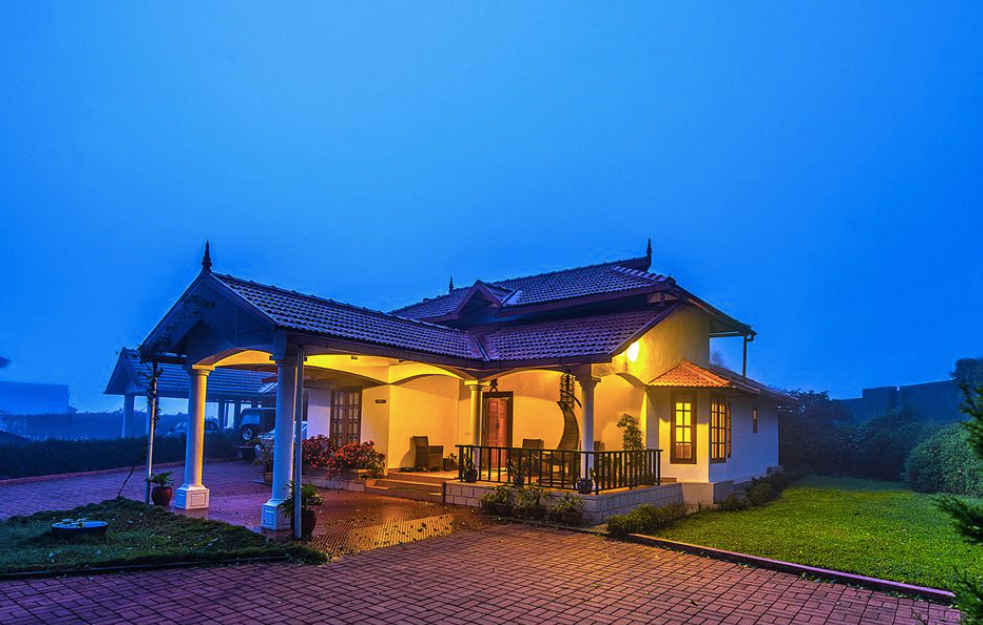
Home Cooked Food: There’s a huge difference between the Indian food served in restaurants and hotels and the food that’s cooked in an Indian home. By staying at a homestay, you’ll be able to taste authentic Indian home-cooked food, made to order. It’s a lot lighter and has more variation and flavor than restaurant food. Some homestays even welcome their guests into their kitchen and let them watch and participate in the cooking process.
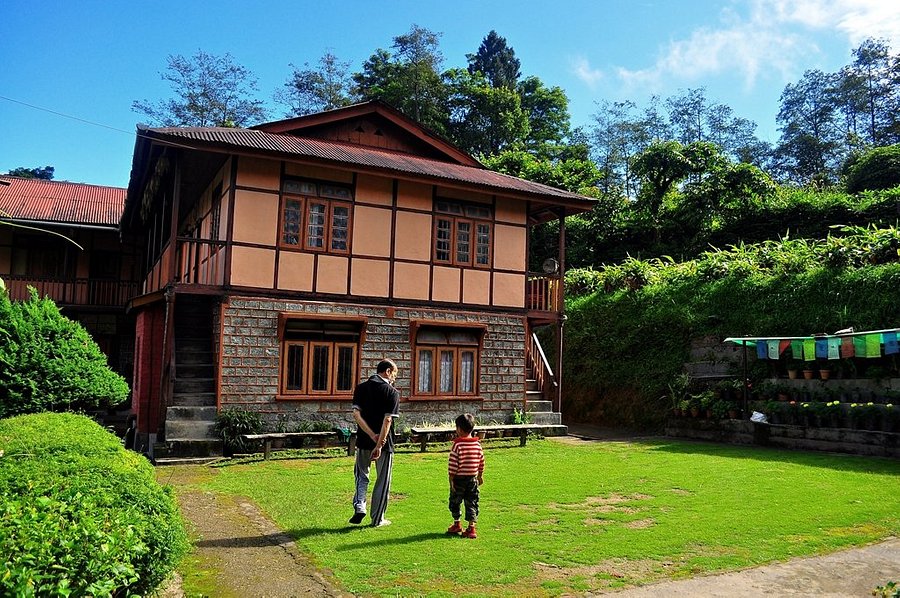
Unique Activities: As a guest at a homestay, the focus is on you, and your likes and preferences. The hosts are typically very accommodating and will put a great deal of effort into arranging activities that are of interest to you. These activities will vary depending on location. Exploring a coffee plantation in Coorg, watching a polo match in Rajasthan, herding animals in remote northern India, village visits, picnics, and temple tours are just some of the options. Guests are often invited to attend weddings as well.
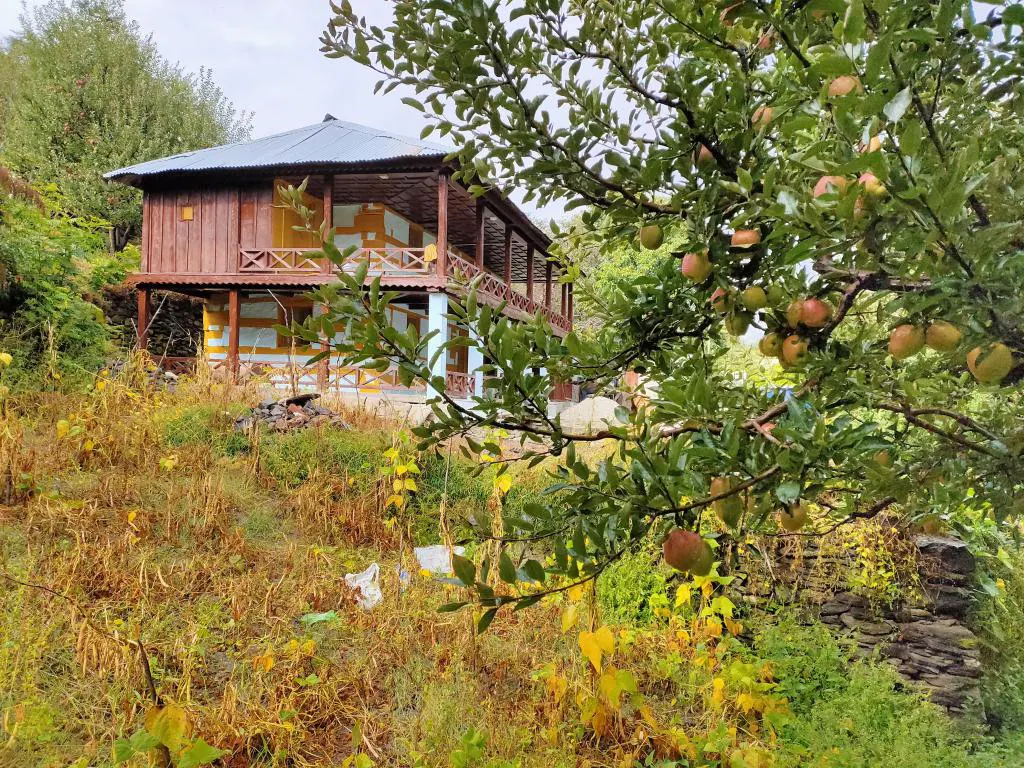
Celebrating Festivals: The ideal way to celebrate India’s many festivals is with an Indian family. You’ll gain a deep appreciation and understanding of what the festival is about, as well as get to participate in the rituals associated with it. This is particularly the case during Diwali, which is a special family festival.
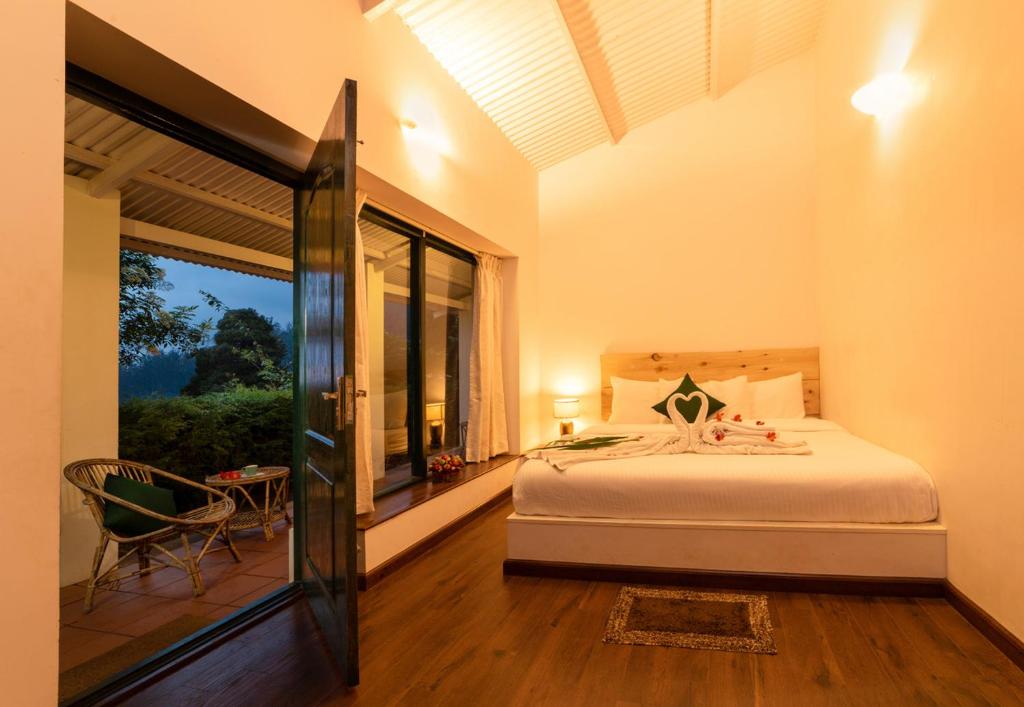
Getting Off the Tourist Trail: Homestays are commonly located in residential neighborhoods, rather than tourist areas. This means you’ll be away from all the tourist traps, touts, scams, and other hassles. Staying at a homestay in India is all about immersing yourself in India, rather than skimming over it.

Choosing Your Homestay is also of importance. While the idea of a homestay might sound quaint and alluring, it’s important to choose your homestay wisely. As with most accommodations in India, the quality is very variable. Those who prefer their privacy may feel more relaxed at a homestay that has separate accommodations for guests, rather than rooms in the family home. Also, be aware of the type of food that’s served. Some homestays only prepare vegetarian cuisine, which may be an issue for hardcore meat eaters!
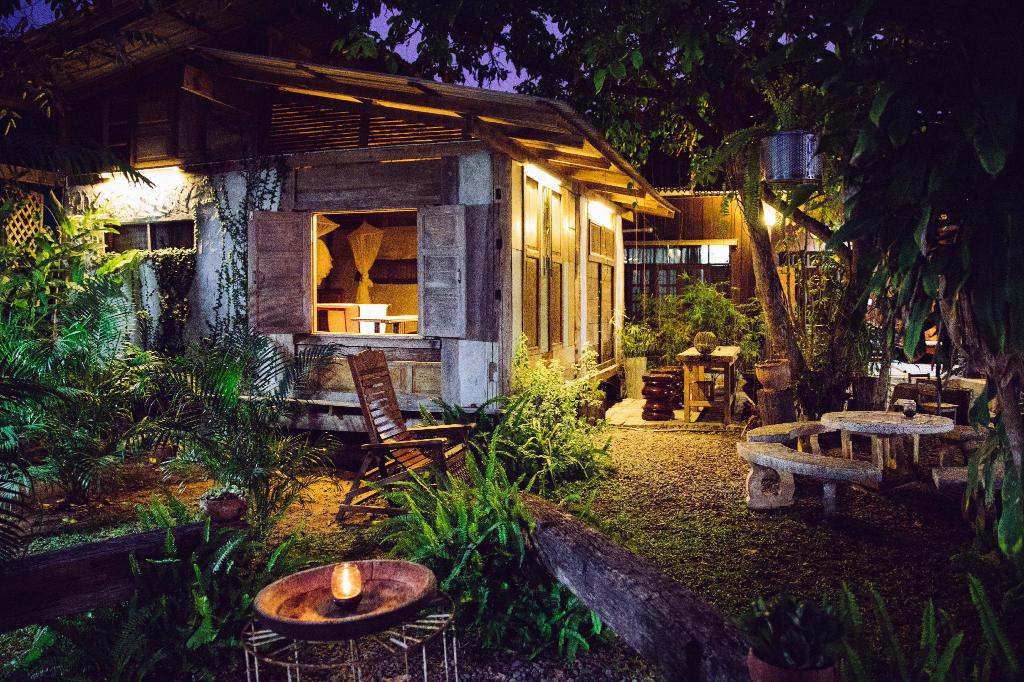
Dreamway Destinations, Contact via E Mail i.e. info@dreamwaydestinations.com or visit our site www.dreamwaydestinations.com & www.visittobengal.com Or Call us at +919733465000 & +919474092500 Or WhatsApp : +918617432205